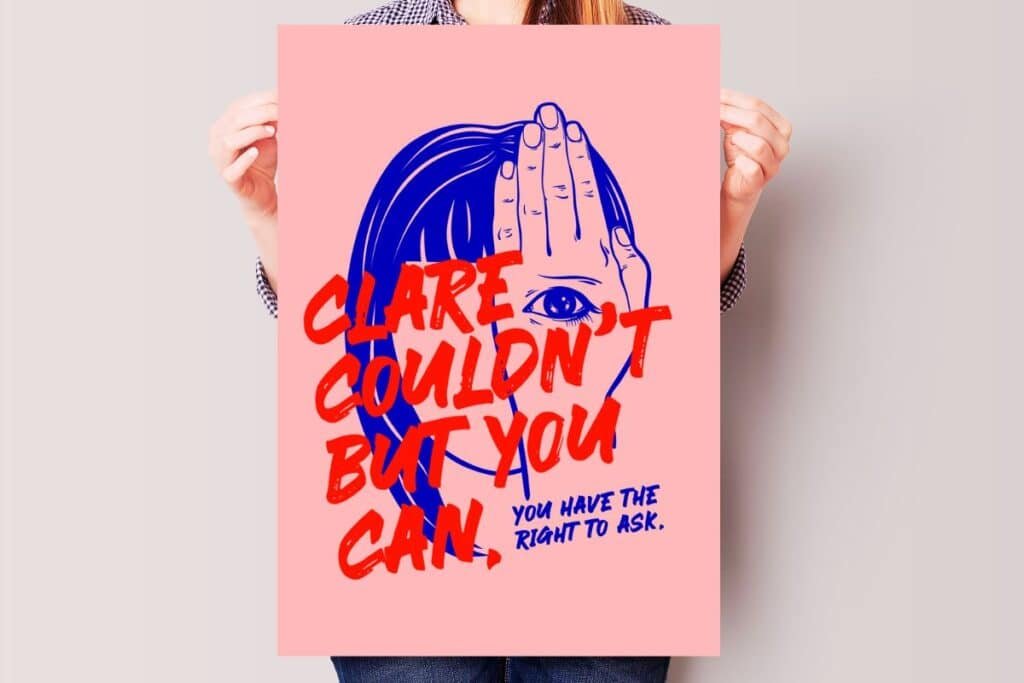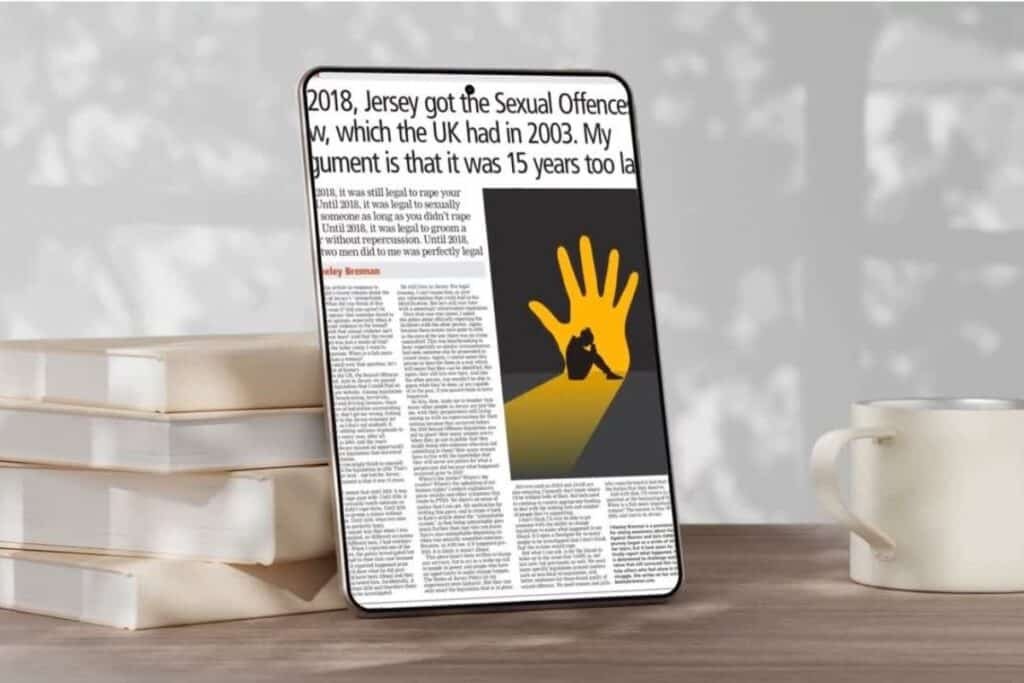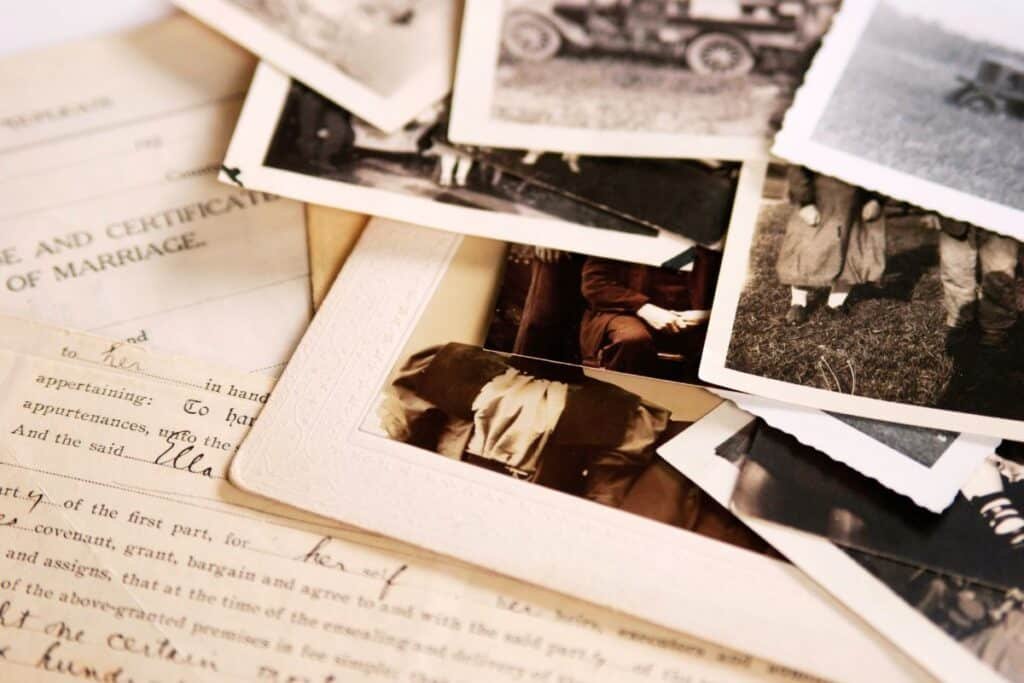What is Clare’s Law?
Clare’s Law is named after Clare Wood, who was murdered in 2009 by her ex-boyfriend. He’d had a history of violence against women and girls.
The Law is the name for the Domestic Violence Disclosure Scheme; a scheme that allows you to ask the police about any information they hold about someone else in relation to offences and convictions concerning domestic abuse.
When the police check someone’s record, if there is information about previously violent behaviour, or behaviour that could put you at risk, the police may be able to share this information with you.
Who Can Use the Domestic Violence Disclosure Scheme?
The scheme has been designed so that disclosure requests can be made by:
- You if you have concerns that your partner may harm you
- Someone else who has concerns about your safety, for example, your parent, friend, or neighbour
Can I Find Out EVERYTHING About Someone Under Clare’s Law?
In short, no.
The information released by the police needs to be both necessary and proportionate in order to protect you.
The Domestic Violence Disclosure Scheme has two main procedures:
- Right to Ask
- Right to Know
Information needs to meet legal criteria for being shared, before it is passed onto you.
That’s not to say that the police are keeping information from you. However, the information shared under Clare’s Law only relates to information that the police hold about domestic abuse offences and convictions. Additionally, information might be shared if the police have information about someone that might mean that they pose a risk to you, even if that information does not relate to domestic abuse.



Why Clare’s Law is so Important
Domestic Abuse accounts for 15% of all crime in Jersey.
In 2022, an islander, Suzie Mahe, made a request to the police under the ‘right to know’ provision of Clare’s Law.
As a result, police contacted Suzie Mahe to tell her about the information that they held about her perpetrator, Gavin Roberts.
Roberts went on to be convicted of rape and sexual assault, landing a 15 year prison sentence for these crimes.
Suzie has gone on to promote extensively the benefits of Clare’s Law to know more about the person who you are in a relationship with and how this information can quite literally save lives.
Making a Request Under Clare’s Law
To request information under Clare’s Law, download the form below. The police will investigate and then choose to disclose information if there is:
- Anything to disclose regarding previous domestic violence
- Anything to disclose that might put you at risk
If the person you are requesting information about is not known to the police, of there is no suspected threat, then the police may not disclose any information.
Download the form from States of Jersey Police website.
Once the form has been completed, you need to email it to hello@jersey.police.je.
If you are worried about your emails being monitored then you will need to delete it your email (once sent) from your sent folder and then again from your deleted folder.
If you or someone else is in immediate danger, then call 999.
Quick Questions
What is Clare’s Law?
Clare’s Law is the informal name for the Domestic Violence Disclosure Scheme. It allows people to ask the police if someone has a history of abuse.
Can I use Clare’s Law to check anyone?
You can use Clare’s Law to ask about a partner, or someone you’re concerned might harm a loved one
How long does it take to get a response under Clare’s Law?
In Jersey, the police’s timeline for investigating a request under this Law and potentially disclosing information should take no longer than 28 days.



